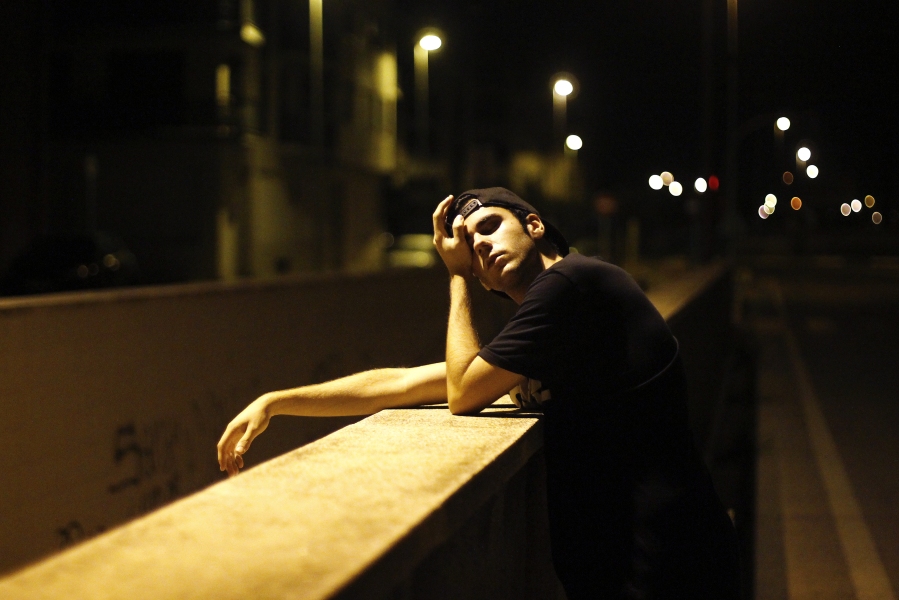Hey all, it has been a busy time of the year, and my post has not come together in time. So I figured I would do another “things I ran into this week.” This time, no particular categories.
The first thing is this new forward to her forthcoming book on Millennial burnout that Anne Helen Peterson wrote, written with COVID-19 in mind. I read it today, and it really hit home, both for its eloquence and thoughtfulness.
This section in particular stood out to me:
Like the generations before us, we were raised on a diet of meritocracy and exceptionalism: that each of us was overflowing with potential, and all we needed to activate it was hard work and dedication. If we worked hard, no matter our current station in life, we would find stability.
Long before the spread of COVID-19, millennials had begun to come to terms with just how hollow, how deeply and depressingly fantastical, that story really was. We understood that people keep telling it, to their kids and their peers, in New York Times editorials and in how-to books, because to stop would be tantamount to admitting that it’s not just the American Dream that’s broken; it’s America. That the refrains we return to — that we’re a land of opportunity, that we’re a benevolent world superpower — are false.
I am looking forward to her book–and have kept an eye on her twitter feed to look at books she drew from, given my own interest in work v. play. For more like this, there is an interview with Peterson and Derek Thompson, of The Atlantic, on the Ezra Klein Show and Peterson’s viral Buzzfeed piece on Millennial burnout.
On a lighter note, my adviser alerted me to this weekly newsletter by writer Robin Sloan (Sourdough and Mr. Penumbra’s 24-Hour Bookstore) as he develops a new narrative game. I’ve liked each newsletter a lot so far, and as someone who has never built a game, I am fascinated by the journey and decisions. The updates can get a bit technical, if you are interested in typography, sound design, coding, etc., but Sloan’s clear, concrete language and friendly tone make a transparent, fun, and fascinating Sunday read.
Meanwhile, if you are interested in more low-tech gaming, this New York Times article has advice how to play board games over teleconferencing apps. Although, if digital games are your thing, Kotaku has a list of Indie games you now have time to play and The Guardian has a list of games especially suited for socializing long distance.
More in line with Peterson, I have been thinking about Laurie Penny’s reflections in Wired about apocalypse and the odd normality of this current, disruptive crisis:
There’s an important difference between apocalypse and a catastrophe. A catastrophe is total devastation, with nothing left and nothing learned. “Apocalypse”—especially in the biblical sense—means a time of crisis and change, of hidden truths revealed. A time, quite literally, of revelation. When we talked about the end of every certainty, we were not expecting any revelation. We were not expecting it to be so silly, so sweet, and so sad.
Indeed, it’s worth remembering, as Mary Harris does at Slate, that “We’re not ‘Going Back to Normal,'” and that technologies, like test and trace (The Economist & The Atlantic) will be with us for some time. As per usual, Ed Yong’s cogent writing is clear on the matter:
The pandemic is not a hurricane or a wildfire. It is not comparable to Pearl Harbor or 9/11. Such disasters are confined in time and space. The SARS-CoV-2 virus will linger through the year and across the world. “Everyone wants to know when this will end,” said Devi Sridhar, a public-health expert at the University of Edinburgh. “That’s not the right question. The right question is: How do we continue?”
Until things ease to the next steps, however, we should remember the harrowing experiences of the “necessary” front-line workers, like the author of this must-read diary of an E.R. worker in New York and the hospitality and delivery workers.
We also may grow some plants from grocery scraps in the windowsill, for us apartment dwellers, or for more the more industrious, prepared, and spatially endowed, turn our homes into food producers, with advice from Alice Waters.
Last, if you are looking for a little historical perspective, here is a fascinating collection of historic letters in The Atlantic reflecting hardship, ranging from the Dust Bowl to Georgia O’Keeffe. Or, you could always go online, which is either been especially retro and good lately or our familiar dumpster fire, depending on who you ask.

